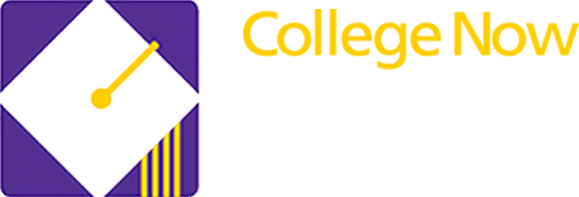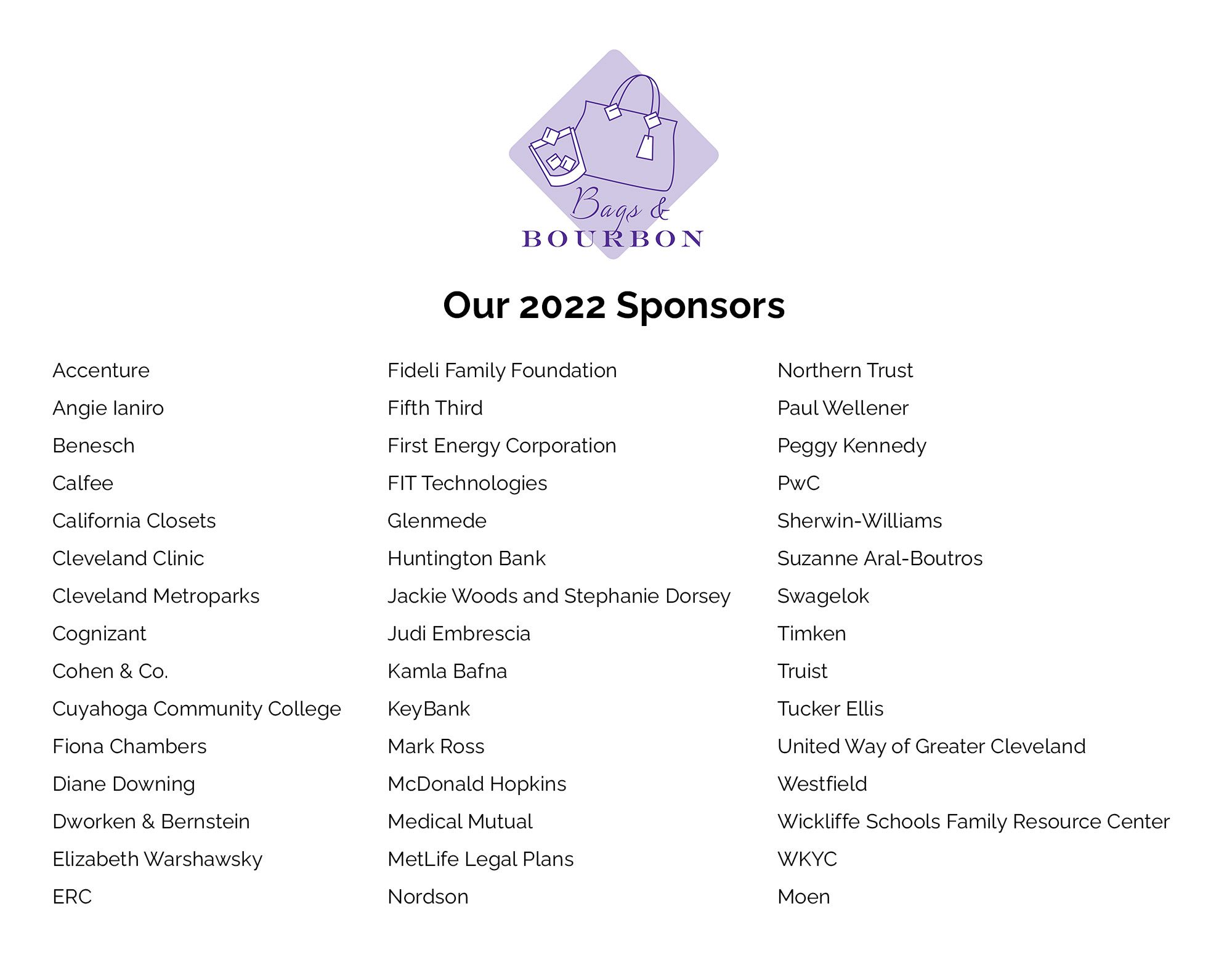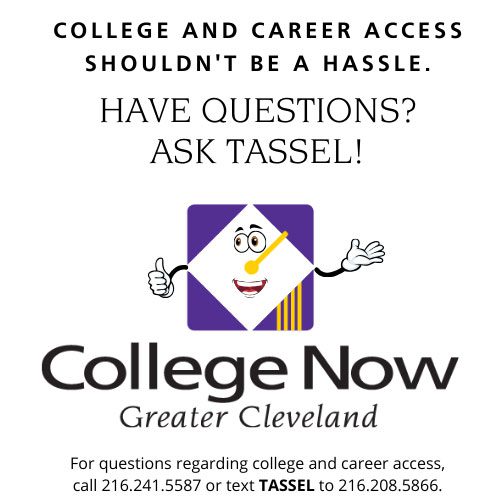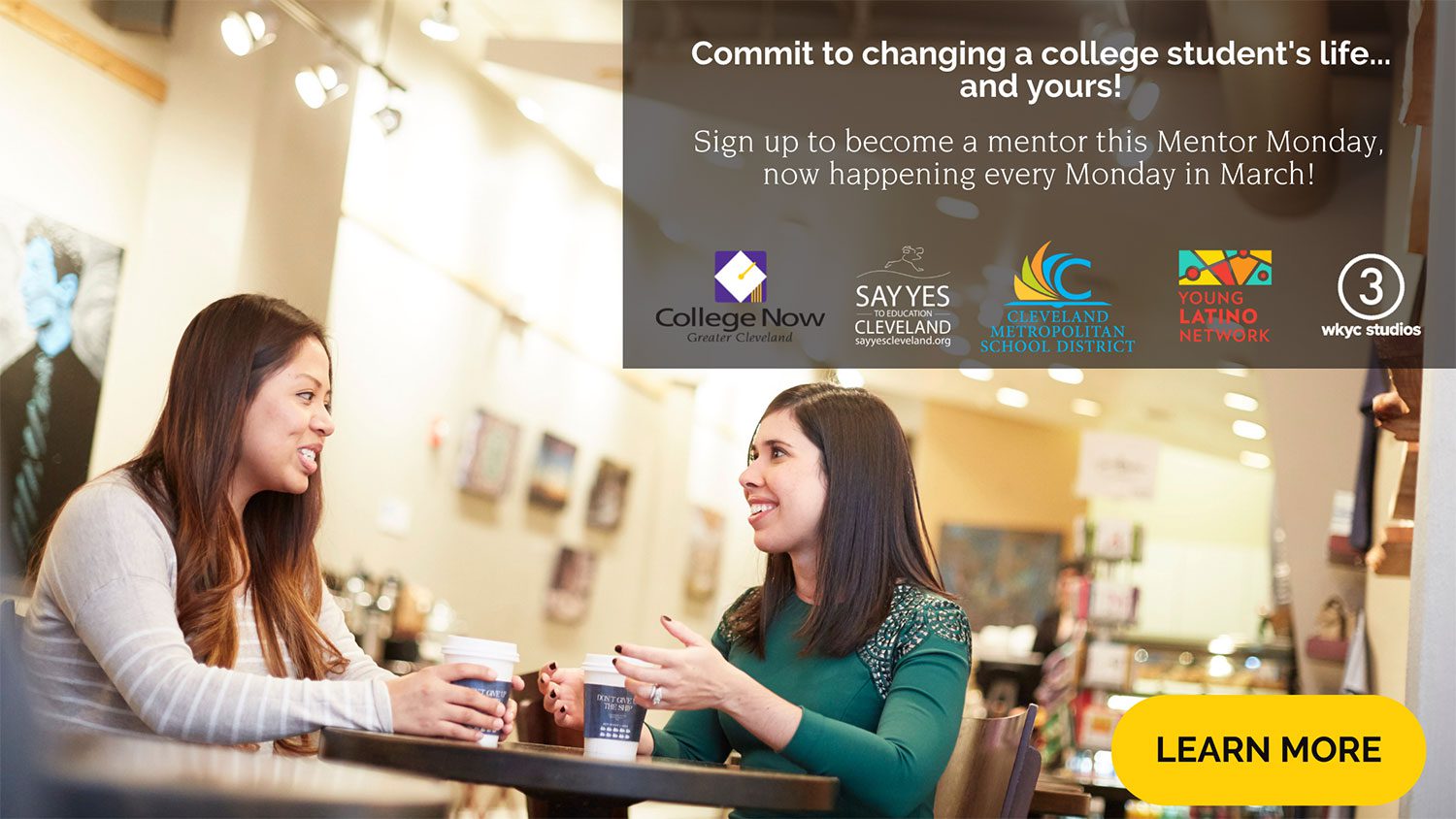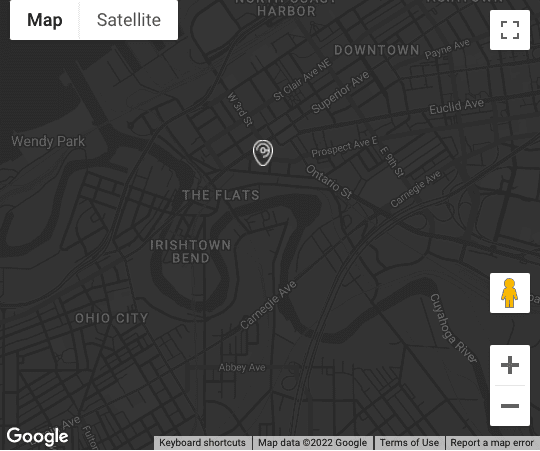Coronavirus Resources for Students, Families, and the Community Updated 11/18/2020 We continue to deal with the evolving and continuously changing plans related to the novel coronavirus (COVID-19), while at the same time ensuring productivity and continuation of our work here at College Now. As always, College Now’s top priority is the health, safety, and well-being of our students, clients, staff, and their families. You can be sure that our work will not stop while we make modifications to ensure that all involved are safe and healthy. To that end, we know that our students, families, clients, and community have questions about how COVID-19 will affect them, their schooling, their daily lives, and more. We want to share as much information as we can with our constituents to help everyone through this challenging, unprecedented situation. This page will be updated, at minimum, three times per week with resources related to at-home learning, developments in the higher education space due to COVID-19, community resources and assistance, and more. We will continue to follow health officials’ recommendations to ensure the health and well-being of our community and staff, and will share updates as information becomes available. We appreciate your understanding and support as we all navigate this together. If you have any questions about the resources shared below, do not hesitate to reach out at 216.241.5587 or [email protected].
General Resources
- University Hospitals COVID-19 Resource Guide
- Coronavirus Multilingual Resources
- Cleveland Pandemic Response- COVID-19 Community Hub
- Rental and Utility Assistance
College and University Updates
- College Admission Status Update
- The National Association for College Admission Counseling has compiled a list of status updates for colleges and universities based on how they are altering their processes or requirements due to COVID-19
Legal Aid Resources
- Legal Aid “Know Your Rights” Information
- Legal Aid COVID FAQ Info Card
- Legal Assistance for Families in Say Yes Cleveland Schools
At-Home Schooling and Learning Resources
- Cleveland Metropolitan School District Coronavirus Resources and School Plan
- Advanced Placement Online Courses
- College Board is offering free online Advanced Placement review courses and is developing an at-home testing option
- The Parents’ Guide to Google Classroom
- Digital link to learning
- The Great Courses Plus (free for 30 days!)
- Video-On-Demand service with thousands of in-depth videos taught by professors
- Scholastic Learn at Home
- Day-by-day projects to keep kids reading, thinking, and growing
- Math Card Games
- Khan Academy
- Bank of America is supporting Khan Academy to scale their initiatives to help parents, students, and teachers during school closures.
- National Oceanic and Atmospheric Administration
- Science activities that kids and families can do at home
- Cuyahoga County Public Library
- CCPL offers Scholastic Teachables for free with your library card, including printable activities and lessons, games, and puzzles.
- Cleveland Metroparks Virtual Classroom
- The Metroparks are hosting virtual classrooms on Facebook Live every day.
- Rock and Roll Hall of Fame
- Free learning and education from the Rock and Roll Hall of Fame
- Cleveland Orchestra Online Learning
- Cleveland Museum of Art Online Learning
- Virtual Field Trips
- Duolingo
- Learn or brush up on 40 different languages – everything from French and Spanish to Latin, Navajo, and Klingon!
- NASA at Home
- Remote Learning Resource Guide from the Ohio Department of Education
Housing Resources
- If your campus is closing: Check with your college’s housing department to see if there are exceptions that can be made. Some campuses, even those that are closing, as issuing exemptions for some students.
- U-Haul
- If you need to store things as your living situation changes, U-Haul is offering 30 days of free storage to customers with college IDs. Contact the store nearest you to confirm the offer.
- United Way
- Contact your nearest United Way for more information on resources in your community. In Cuyahoga County, dial “2-1-1” and ask the operator for information on housing support that meets your needs.
- A Place 4 Me
- For those in Cuyahoga County who are without a place to stay or are facing homelessness, A Place 4 Me provides temporary housing referrals, emergency rental assistance, and other services. Call 440.823.7227.
Food Services
- Food Map
- Find the closest food site or bus stop at the map above.
- Cleveland Metropolitan School District locations and shuttle access
- CMSD is continuing to provide meals to students throughout the CMSD system. Through April 3, 2020, all children under 18 in the City of Cleveland can access a free bagged lunch and a breakfast to take home through the following day.
- Urban Community School
- Meals will be distributed Monday – Friday while schools are closed from 11 a.m. – 1 p.m.
- Banter Restaurant
- Banter will provide free boxed lunches on Mondays while schools are closed from 11 a.m. – 2 p.m.
- Banter Gordon Square: 7320 Detroit Ave., Cleveland, OH 44102
- Banter will provide free boxed lunches on Mondays while schools are closed from 11 a.m. – 2 p.m.
- Supplemental Nutrition Assistance Program (SNAP)
- If your employment situation has changed with the COVID-19 outbreak, you may be eligible for SNAP. This detailed slideshow shows what SNAP offers, the qualifications, etc. To apply for benefits, click on your current state of residence and contact the local SNAP office.
- Local foodbanks
- Find your nearest foodbank at the link above.
- Contact your college or university to see if they have an on-campus food resource that will remain open.
Internet Access
- Spectrum
- Spectrum is offering free broadband and Wi-Fi access for 60 days to households with K-12 and/or college students who do not already have Spectrum broadband subscription and at any service level up to 100 Mbps. To enroll, call 1.844.488.8395.
- Comcast Internet for Low Income Families
- You will have to cancel services before your free two month period expires or you may be charged.
- Working and Learning Online: Ohio Department of Health
- A list of high-speed internet providers who have signed on to the “Keep Americans Connected” pledge through the FCC; these providers will not terminate service to any residential or small business customer for failure to pay during the COVID-19 pandemic.
- AT&T
Childcare
- YWCA
- The YWCA will be offering school-age programs beginning Wednesday, March 18, for critical care providers, including medical personnel, first responders, nursing home/assisted living employees, and children services employees.
Utilities Support
- The City of Cleveland has ended utility cut-offs during the COVID-19 situation. Contact your utility provider if necessary.
- Cleveland Water: 216.664.3130
- Cleveland Public Power: 216.664.4600
- First Energy/The Illuminating Company: 1.800.589.3101
- Dominion Energy: dominionenergy.com/coronavirus
Healthcare
- Medicaid
- If your situation has changed due to the COVID-19 outbreak, you may be eligible for Medicaid. Visit the Medicaid eligibility website to see if you qualify and start the enrollment process.
- Community Clinics
- Seeking treatment or preventative care will not affect your immigration status.
Financial Support and Employment
- The College Now and Say Yes scholarship requirements will not change. For more information on those, click here for details on College Now and click here for details on Say Yes. Should you not meet requirements, remember that both scholarships have an appeals process. For questions about the scholarships, you can contact:
- Stephanie Spencer, Manager of College Now scholarships, at [email protected] or 216-635-0169.
- Elton Lytle, Manager of Say Yes scholarships, at [email protected] or 216-635-0166.
- You probably have lots of questions right now around refunds, work study (if you’re receiving it) and financial aid in general. Check out this summary by Money.com to see what to expect. (Just a reminder – this is what to expect in general. For specific information, contact your financial aid office.)
- Refunds: some colleges are prorating costs such as housing and meal plans. Check with your college on what the policy is, and how you might qualify for any refunds or reimbursement.
- Work study: the federal government approved payment of work study recipients through the rest of the semester, regardless of their ability to actually work due to the circumstances – again, please check with your school for exact details
- If you have need of emergency financial assistance, please let us and let your college know right away! Also, the Hebrew Free Loan Association is offering emergency loans for COVID-19-related circumstances. To qualify, you must live in Northeast Ohio, have an income that would allow you to repay the loan, and have a co-signatory.
- Scholly has set up a COVID-19 Student Relief Fund. Apply to receive $200 in cash assistance to cover living expenses during this global crisis.
- If you lost your job due to the COVID-19 situation, or if you lost your job due to being placed under medical quarantine, you may be eligible for unemployment.
- Greater Cleveland Partnership: Employers Now Hiring
- GCP maintains a list of area employers currently hiring for those in need of employment
- Register for Economic Impact Payments for Non-Filers
-
-
- The Treasury Department and the Internal Revenue Service launched a new web tool to allow quick registration for Economic Impact Payments for those who do not normally file a tax return.
-
Federal Student Loan Resources
Perhaps one of the most talked-about pieces of the federal CARES Act as it relates to students is the action taken on student loan debt. College Now’s Adult Programs and Services team broke down the steps that the CARES Act takes with respect to student loan debt.- First, it is important to note that all this only applies to Federal Direct Student Loans. It does not apply to Family Federal Education Loans (FFEL) or private student loans. All federal measures are retroactive to March 13, 2020.
- Borrowers with current (not in default) federal student loans will automatically be put into forbearance for six months.
- This means that payments will not be due and interest will not accrue. These six months will still be counted as six payments toward the 120 required payments in the Public Service Loan Forgiveness (PSLF) program.
- Interest will not accrue on the student loans of all borrowers with current (not in default) federal student loans for six months.
- Borrowers who are able to continue student loan payments should consider doing so, as the payments will be applied to principle only, effectively lowering the total balance.
- Contact your loan servicer to make arrangements to continue making payments.
- Borrowers with student loans that are in default will not go to collections during the next six months. Wage garnishment, tax refund seizure, and collections calls will cease for six months.
- Collections and garnishments will stop, but you will remain in default status unless you act on the loans to remove yourself from default. This can be done through the process of either rehabilitation or consolidation.
- If a borrower was rehabilitating defaulted student loans, the six month pause will apply to the rehabilitation period.
- Borrowers with current (not in default) federal student loans will automatically be put into forbearance for six months.
- Borrowers can find their student loan status and apply for income driven repayment plans, including PSLF, at https://studentaid.gov/.
- College Now adult advisors are prepared to assist you with your student loans. Please set up a virtual appointment here.
COVID-19 Information and Resources
- Ohio Department of Health COVID-19 website
- Ohio Department of Health hotline: 833.447.5634
